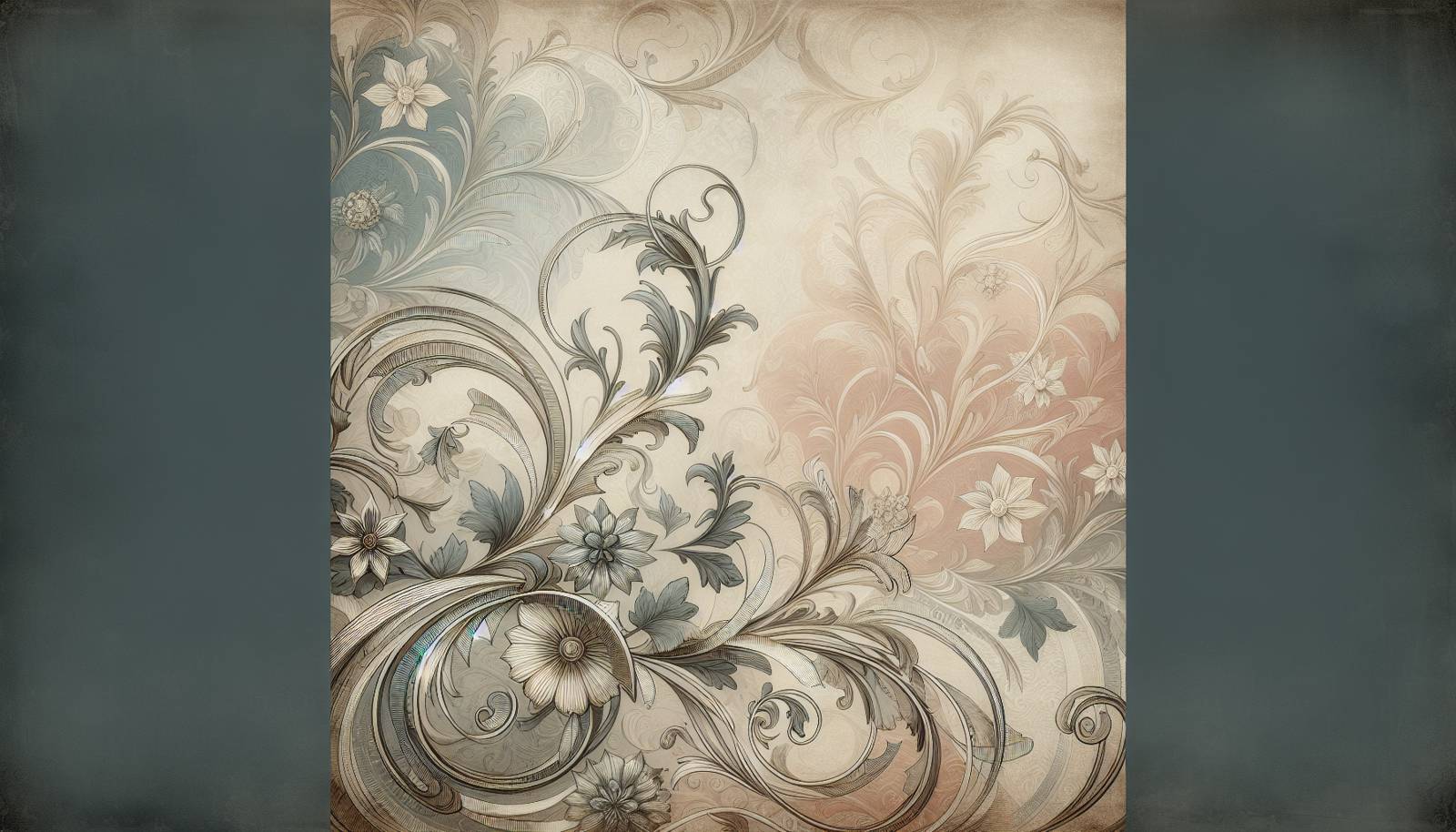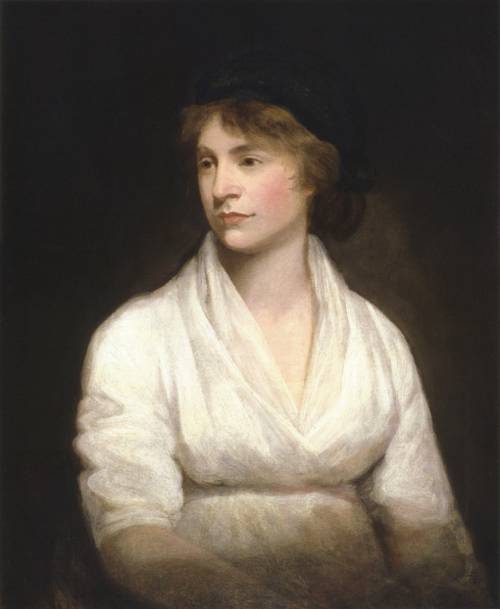
FAQ About Mary Wollstonecraft

Who was Mary Wollstonecraft?
Mary Wollstonecraft was an 18th-century English writer, philosopher, and advocate for women's rights. She is best known for her work A Vindication of the Rights of Woman, where she argued for the education and empowerment of women, laying the groundwork for later feminist movements.

What is 'A Vindication of the Rights of Woman' about?
A Vindication of the Rights of Woman is a seminal feminist text written by Mary Wollstonecraft in 1792. In it, she challenges the societal norms of her time that denied women access to education and equal opportunities. She advocates for women to be treated as rational beings and argues for their right to education in order to become productive members of society.

When was Mary Wollstonecraft born?
Mary Wollstonecraft was born on April 27, 1759, in Spitalfields, London, England.

How did Mary Wollstonecraft influence the feminist movement?
Mary Wollstonecraft is considered a foundational figure in the feminist movement due to her writings, particularly A Vindication of the Rights of Woman. Her arguments for women's education and equal rights challenged prevailing stereotypes and inspired future generations of feminists to continue advocating for gender equality.

What other books did Mary Wollstonecraft write?
In addition to A Vindication of the Rights of Woman, Mary Wollstonecraft wrote several other works, including Thoughts on the Education of Daughters (1787), Mary: A Fiction (1788), and A Vindication of the Rights of Men (1790). Her writings cover a range of topics from education and women's rights to social and political philosophy.

What were some challenges Mary Wollstonecraft faced during her life?
Mary Wollstonecraft faced numerous challenges, both personal and professional. She struggled with financial instability, complicated personal relationships, and public criticism of her progressive ideas. Despite these difficulties, she remained committed to her work and advocating for societal change.

Why is Mary Wollstonecraft's work still relevant today?
Mary Wollstonecraft's work remains relevant today as it addresses fundamental issues of gender inequality and the importance of education for all. Her ideas continue to influence contemporary discussions on women's rights, equality, and feminist theory, underscoring ongoing struggles for gender justice worldwide.

How did Mary Wollstonecraft's personal life influence her writing?
Mary Wollstonecraft's personal experiences deeply influenced her writing. Her own struggles for independence, financial struggles, and complex relationships are reflected in her advocacy for women's self-sufficiency and rights. Her life experiences provided a practical foundation for her philosophical arguments.

Who was Mary Wollstonecraft's husband?
Mary Wollstonecraft was married to the philosopher William Godwin. They married in 1797, shortly before her untimely death. Godwin is known for his contributions to political philosophy, and the couple shared many intellectual interests.

Did Mary Wollstonecraft have children?
Yes, Mary Wollstonecraft had two daughters. Her first daughter, Fanny Imlay, was born out of her relationship with American adventurer Gilbert Imlay. Her second daughter, Mary Shelley (née Godwin), was born to her husband William Godwin and went on to become a famous author, known for writing Frankenstein.

Where did Mary Wollstonecraft die?
Mary Wollstonecraft died in Somers Town, London, England. She passed away on September 10, 1797, due to complications following the birth of her second daughter, Mary Shelley.

What impact did 'A Vindication of the Rights of Woman' have?
The impact of A Vindication of the Rights of Woman was profound, sparking discussions about women's rights, challenging existing gender roles, and inspiring future feminist movements. It pushed the boundaries of acceptable discourse in its time and laid crucial groundwork for equality advocacy.

Was Mary Wollstonecraft involved in any notable controversies?
Mary Wollstonecraft was involved in controversies due to her views on women's rights and her personal life. Her unorthodox views on marriage and relationships, combined with her radical ideas for that era, were often met with public and critical scrutiny.

How did Mary Wollstonecraft view education?
Mary Wollstonecraft viewed education as a fundamental right for women, necessary for their empowerment and independence. She believed that educating women would allow them to contribute more significantly to society, influencing both private and public life positively.

Why did Mary Wollstonecraft write 'A Vindication of the Rights of Men'?
Mary Wollstonecraft wrote A Vindication of the Rights of Men in 1790 as a response to Edmund Burke's critique of the French Revolution. In it, she defends the principles of republicanism and the reformist movements, advocating for social and political justice.

What was Mary Wollstonecraft's early life like?
Mary Wollstonecraft's early life was marked by instability. She grew up in a financially troubled family and often witnessed domestic strife. These experiences motivated her to pursue self-reliance and education, eventually leading her to become a governess and start her career in writing.

How has Mary Wollstonecraft been commemorated?
Mary Wollstonecraft has been commemorated in various ways, including academic recognition of her work, biographies, statues, and events celebrating her contributions to feminism and philosophy. Her ideas continue to inspire feminist thought and action worldwide.

What was Mary Wollstonecraft's relationship with Gilbert Imlay?
Mary Wollstonecraft had a romantic relationship with Gilbert Imlay, an American adventurer. The relationship was tumultuous, leading to the birth of her first daughter, Fanny Imlay. Although they never married, their relationship significantly impacted her personal and emotional life.

In what ways did Mary Wollstonecraft challenge traditional gender roles?
Mary Wollstonecraft challenged traditional gender roles by advocating for women's education and equal rights, pushing back against the notion that women should only fulfill domestic roles. Her writings argue for women to be seen as rational beings capable of contributing to society beyond family obligations.

What legacy did Mary Wollstonecraft leave behind?
Mary Wollstonecraft's legacy is one of pioneering advocacy for women's rights and education. Her thoughts and works continue to resonate with modern feminist movements, bringing attention to issues of gender equality and the importance of education, and her influence is evident in the ongoing effort to secure equal rights for women globally.
